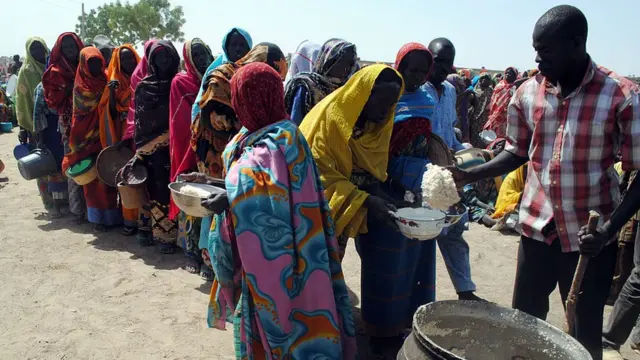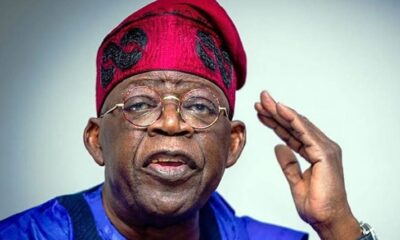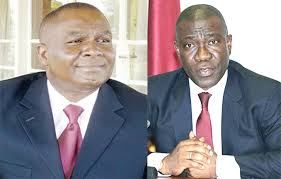Breaking News
World Bank Raises Alarm as 139 Million Nigerians Now Live in Poverty

The World Bank has expressed concern that despite Nigeria’s recent economic stabilisation efforts, an estimated 139 million citizens are now living in poverty, warning that the country risks losing its reform momentum if the gains fail to improve people’s living standards.
The warning came from the World Bank Country Director for Nigeria, Mathew Verghis, during the launch of the October 2025 Nigeria Development Update (NDU) in Abuja on Wednesday.
The latest report, titled “From Policy to People: Bringing the Reform Gains Home,” provides a review of Nigeria’s economic trajectory, highlighting both the progress made and the persistent social challenges undermining reform outcomes.
Verghis, who assumed office three months ago, commended Nigeria’s ongoing reforms in the foreign exchange and petroleum subsidy regimes, describing them as bold and foundational moves capable of reshaping the country’s long-term growth path.
“Over the last two years, Nigeria has commendably implemented bold reforms, notably around the exchange rate and the petrol subsidy. These are the foundations on which the country has the opportunity to build a programme that can transform its economic trajectory,” he said.
He likened Nigeria’s current reform window to India’s historic economic liberalisation in the early 1990s, noting that such opportunities come rarely and must be decisively harnessed.
According to the World Bank chief, Nigeria’s economy has shown early signs of stabilisation, with growth exceeding 4%, reserves surpassing $40 billion, exchange rate steadying, and inflation gradually easing, but the improvements are yet to translate into relief for the average Nigerian household.
“These results are exactly what you need to see in a stabilisation phase. These are big achievements, and many countries would envy them,” he said.
“However, despite these gains, many households are still struggling with eroded purchasing power. Poverty, which began to rise in 2019 due to policy missteps and external shocks such as COVID-19, has continued to increase even after the reforms. In 2025, we estimate that 139 million Nigerians live in poverty.”
The figure marks a significant rise from 129 million in April 2025 and 87 million in 2023, indicating a deepening hardship among households despite the reform-driven macroeconomic progress.
Verghis identified three critical priorities to convert policy gains into improved living conditions:
Reducing inflation, particularly food inflation;
Utilising public resources more effectively to achieve measurable impact; and
Expanding social protection coverage for the poor and vulnerable.
He warned that sustained high food prices could erode public trust and weaken political support for ongoing reforms.
“Food inflation affects everybody, particularly the poor. Persistent differences between Nigeria’s inflation rate and those of its trading partners will put pressure on the exchange rate and create a vicious cycle. Lower inflation will also allow interest rates to come down and support growth,” he explained.
World Bank Urges Structural Reforms in Food and Fiscal Systems
While acknowledging the Central Bank of Nigeria’s tight monetary policy and the government’s fiscal restraint, the World Bank noted that these efforts alone were insufficient to address deep-rooted structural challenges.
“Monetary and fiscal policies must be complemented by structural reforms aimed specifically at reducing food inflation, which is driven by deep-seated supply and market inefficiencies,” Verghis said.
The report also urged the Nigerian government to strengthen public financial management systems to ensure that every naira (₦) spent yields measurable development results. It further called for expanding social safety nets to shield low-income families from the short-term impacts of subsidy removals and inflation.
Verghis reaffirmed the World Bank’s commitment to supporting Nigeria’s reform agenda through policy advice, technical assistance, and financing, stressing that sustained political will and inclusive governance were essential for success.
“The challenge is clear: to translate the gains from the stabilisation reforms into better living standards for all. These are not abstract ideas but practical steps that can turn macro stability into better livelihoods,” he said.




















